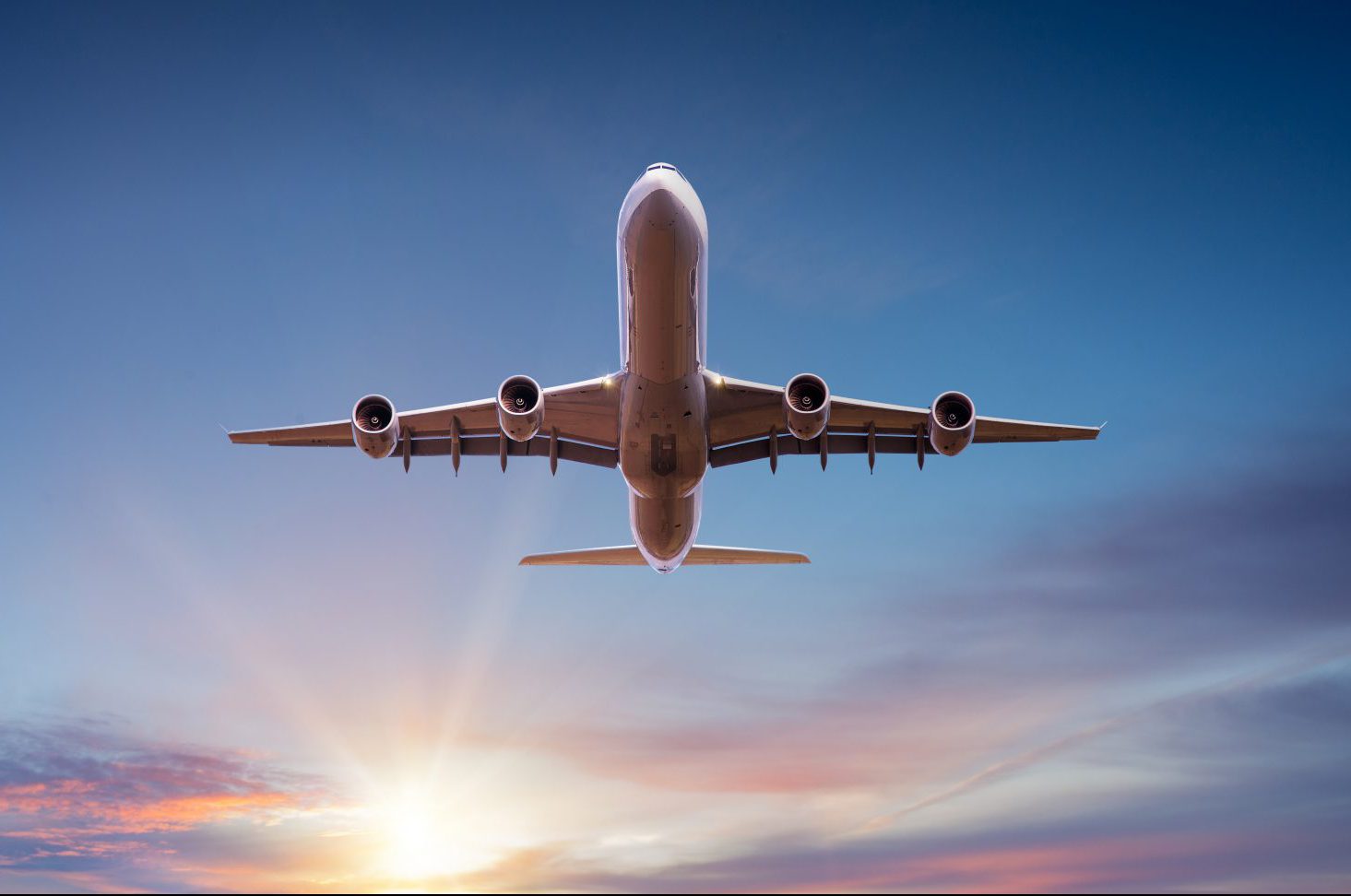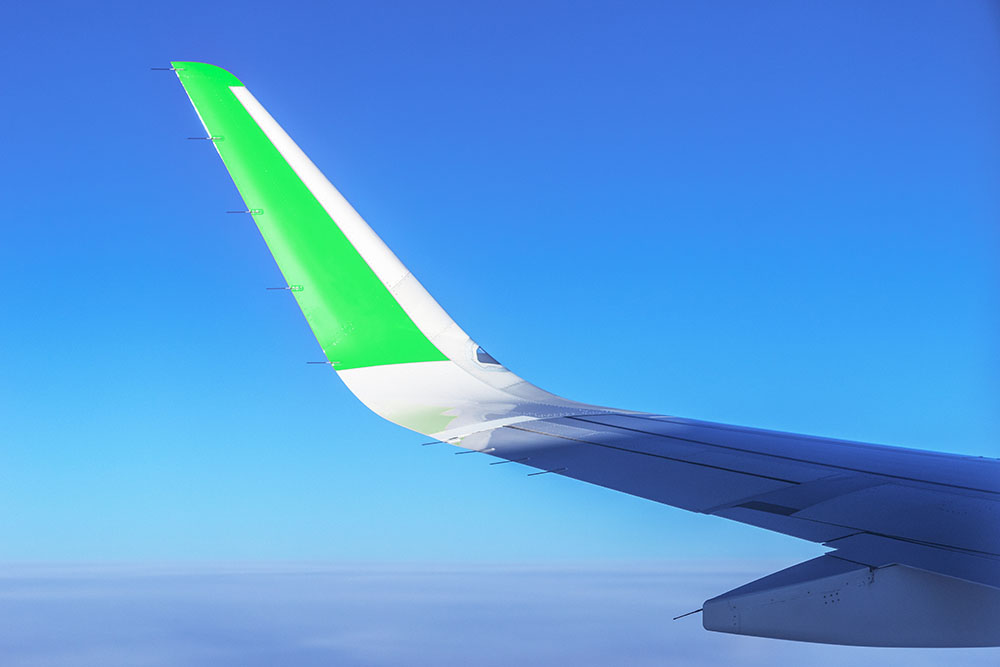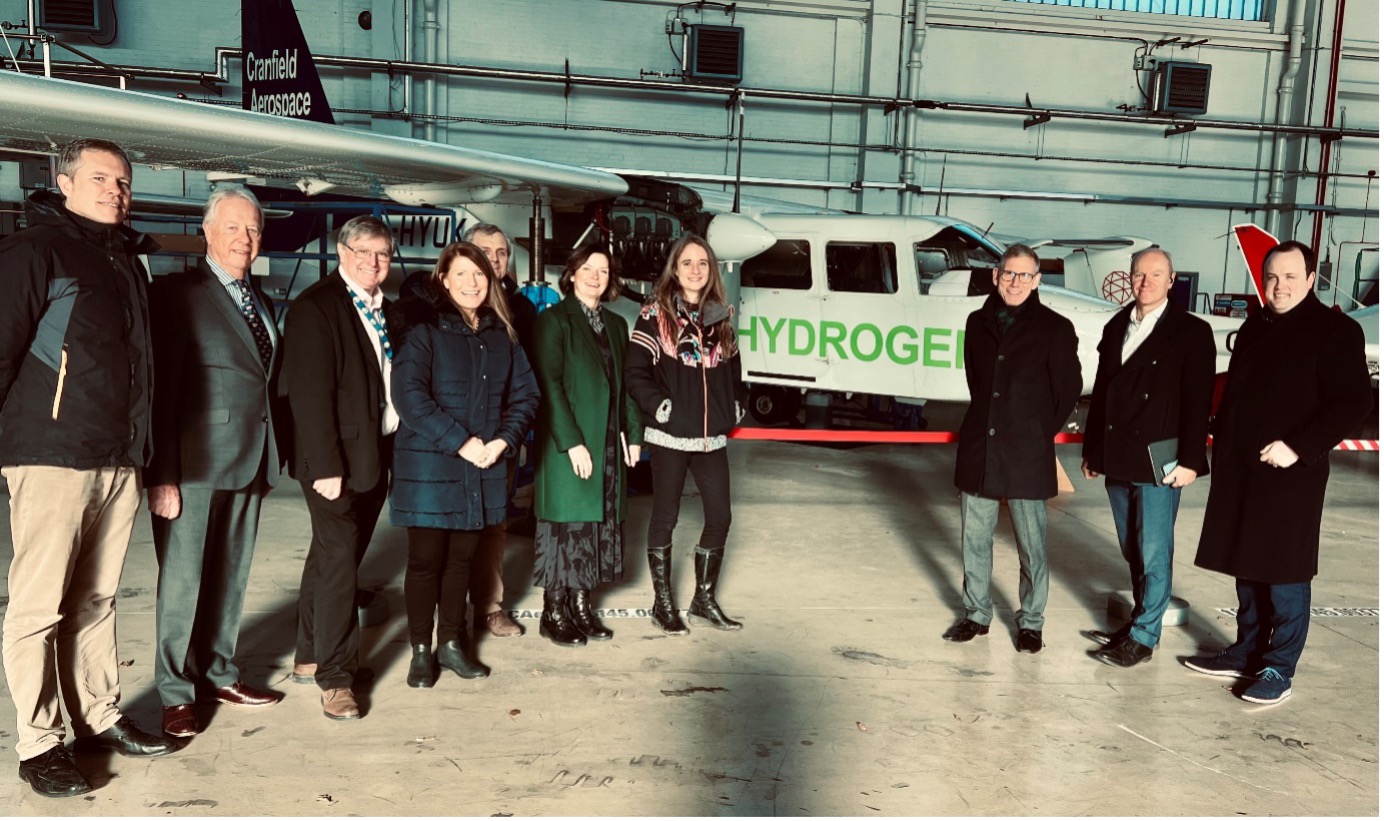Jet Zero Council Zero Emissions Flight Delivery Group - April 2023 meeting

The Zero Emission Flight Delivery Group (ZEF DG) held its fourth meeting at ADS Group in London.
A summary of the third meeting in January 2023 can be found here and the group’s Terms of Reference are published on GOV.UK.
Chaired by Rachel Gardner-Poole from Connected Places Catapult, the Delivery Group discussed a number of topics within the meeting:
Reflections on government announcements
The eighth Jet Zero Council was held on Monday 17 April at the Sustainable Skies Global Summit. The Government published a 2-Year Plan that has been developed in partnership with industry members of the two delivery groups addressing Sustainable Aviation Fuel (SAF) and Zero Emissions Flight (ZEF). The plan outlines the activities the two delivery groups will undertake over the next two years to support the Jet Zero Strategy. The Government also made a series of announcements relating to decarbonising aviation.
Summary from subgroups
The three ZEF DG subgroups gave short updates on the work planned and underway within the groups. All three subgroups have now met at least three times and have already started work on the first tasks on the action plan.
The Aircraft subgroup last met in February where easyJet presented their work on hydrogen aircraft perception and Airbus discussed their ZEROe aircraft programme. The group also heard from the Aerospace Technology Institute on the now-announced Hydrogen Capability Network.
The Infrastructure subgroup met most recently in March to discuss the outputs from the task finish group on future R&D requirements for airport infrastructure. A discussion was also held on developing a knowledge repository for ZEF infrastructure for wider dissemination.
The Regulation subgroup also met in March and heard from the Civil Aviation Authority on their work for mapping the ZEF regulatory landscape and gap analysis. The group also started discussing policy and will re-visit this in July.
2-Year Plan
The group discussed the final version of the 2-Year Plan and reflected on the work to date to support the publication of the plan for the Jet Zero Council.
Next steps on priority action areas were discussed and volunteers sought where further support is needed.
Project ZEFI
The group received an executive summary on the findings from the second phase of the Zero Emission Flight Infrastructure Project delivered by Connected Places Catapult and funded by the Department for Transport.
The project highlighted that space constraints on airports may require liquefaction of hydrogen (from gas to liquid) to occur off-site, this will introduce a need for short distance road transport or liquid hydrogen pipelines.
It was also made clear that the maturity of liquid hydrogen technologies will take time particularly for high performance liquefaction and the development of hydrant systems for sub-surface delivery of liquid hydrogen to aircraft.
Standards are a key enabler and will help the future ability for airports to be classed as “hydrogen-ready”. A joined-up approach on standards is required to ensure that airport fuel operations are safe and enables interoperability for domestic and international zero-emission air travel. Aviation could benefit from considering hydrogen standards in other sectors and adapting their approach to the sectors’ needs.
The group then discussed the potential future R&D requirements at airports to further progress the topic.
Commercialisation
The group discussed potential barriers to commercialising ZEF with topics such as financial capital and operational expenditure for aircraft and infrastructure adoption. A task and finish group will be set up to further the discussion between delivery group meetings.
Communications
The group was joined by the Jet Zero Communications and Engagement Network Chair to review the perceived challenges for ZEF and ideas for the group’s outward communication to help overcome challenges and increase awareness of work to date on ZEF and ahead.
The group will next meet in July 2023.



